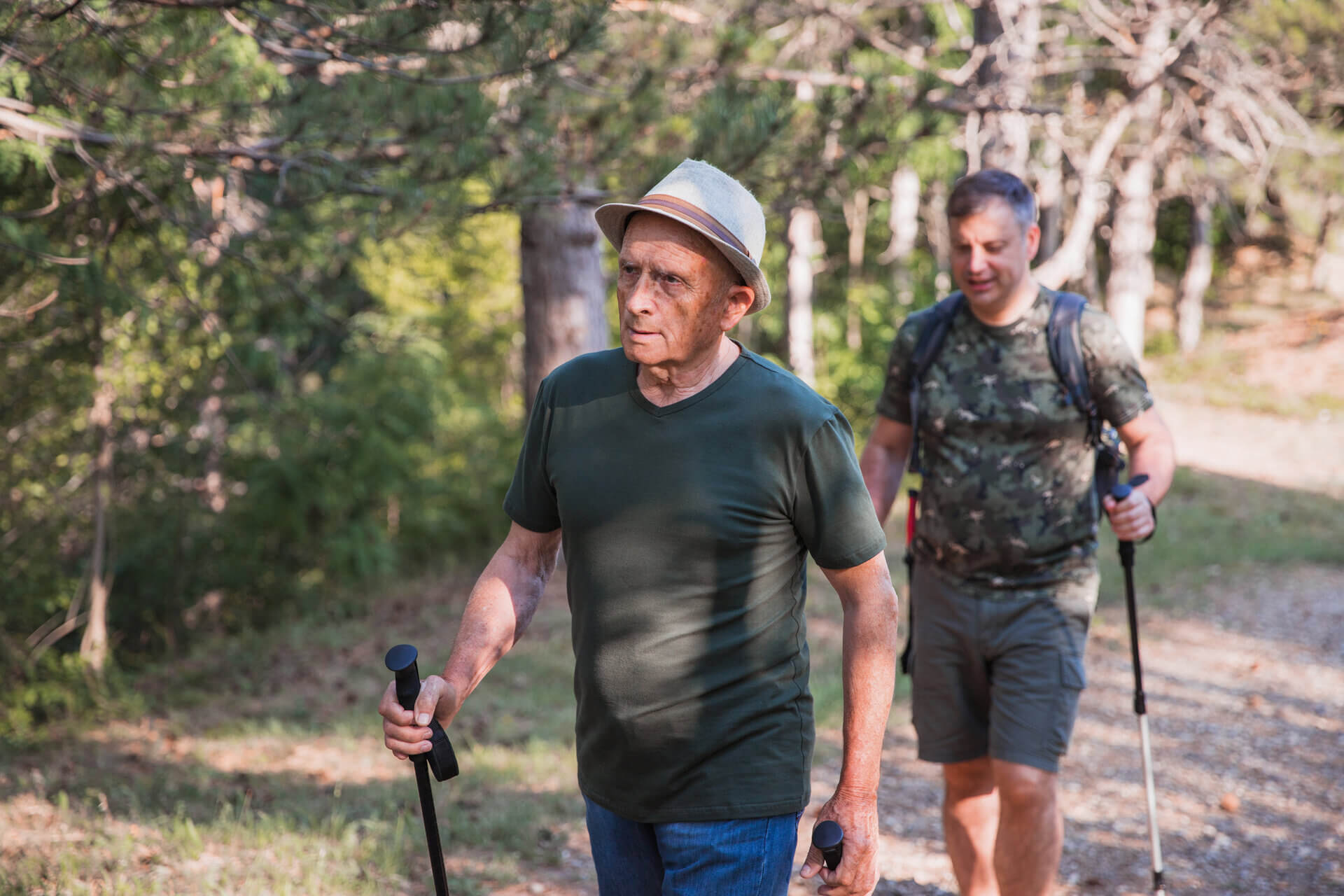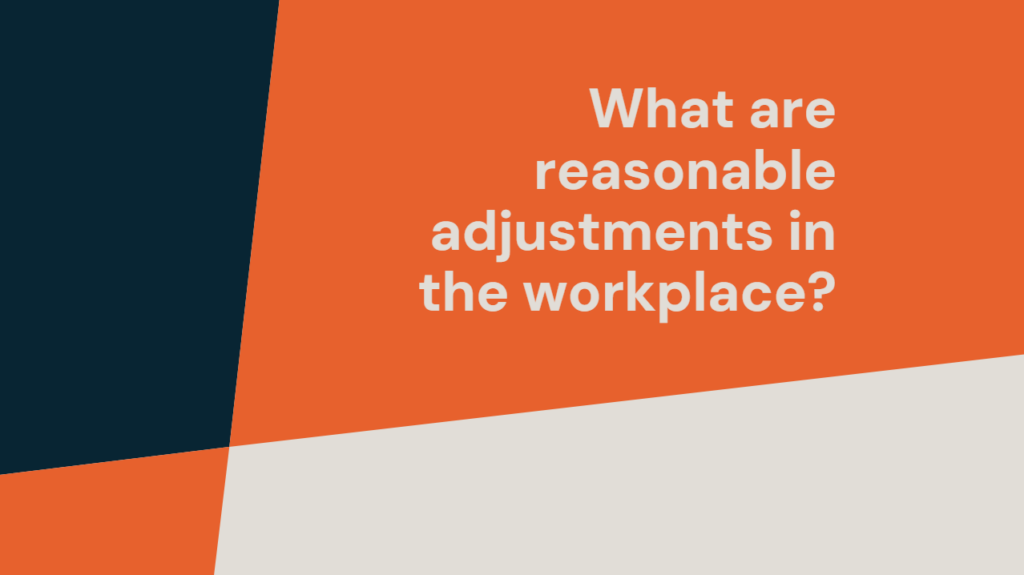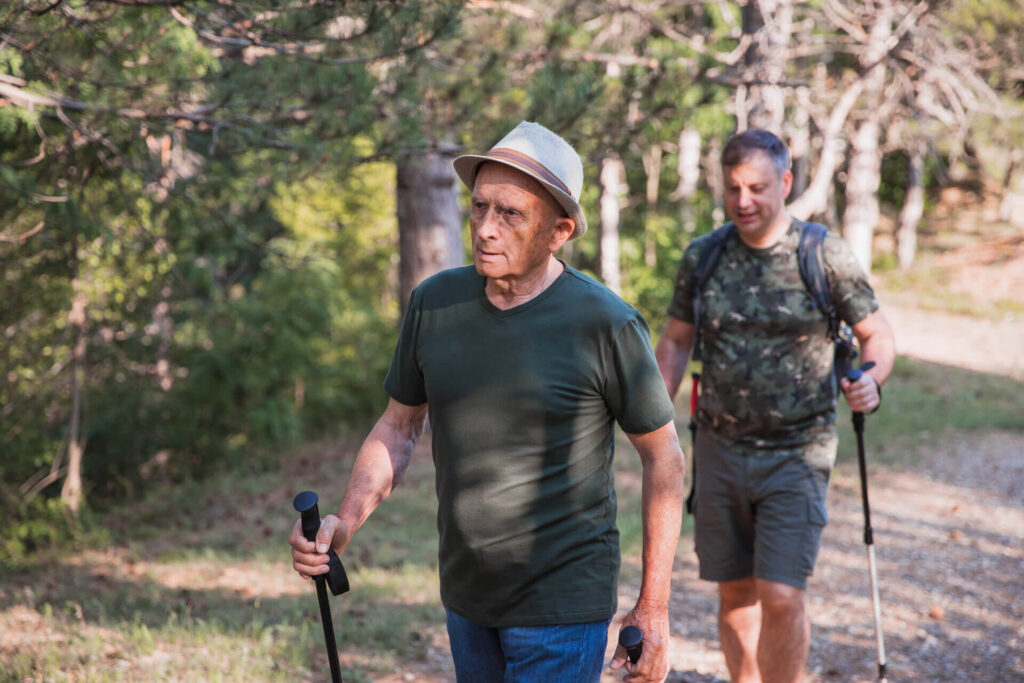For veterans, social connectedness is a key factor in maintaining both mental and emotional wellbeing.
After leaving the structure and camaraderie of military life, transitioning to civilian life can feel isolating, making it all the more important to foster social connections.
Whether through veterans’ organisations, reconnecting with family, or finding new communities, staying socially engaged can offer significant benefits for veterans.
Let’s explore how social connectedness supports mental health and overall wellbeing for veterans.
Reduces feelings of isolation
Veterans often face a unique sense of isolation after leaving military service, especially if they’ve lost touch with their unit or struggle to find common ground with civilians.
Regular engagement with fellow veterans, family, or new communities can alleviate these feelings, providing a support network that understands the specific challenges of military service.
This network can help combat loneliness, which is closely linked to mental health concerns such as depression, anxiety, and PTSD.
Boosts emotional resilience and confidence
Connecting with others, particularly those who understand the challenges of reintegration, can boost emotional resilience and self-confidence.
Veterans who engage with peer support groups or social activities often find validation and camaraderie, which strengthens their sense of purpose and belonging.
Positive interactions with others provide veterans with opportunities to share their experiences, seek advice, and gain new perspectives, reinforcing their emotional strength.
Provides a strong support system
During the transition to civilian life, having a dependable support system is invaluable.
Social engagement ensures that veterans have trusted individuals—whether fellow service members, family, or new friends—to turn to for emotional support, practical help, or just to talk.
This support can be critical in managing stress, overcoming challenges, and maintaining mental health, especially for veterans dealing with trauma or other service-related struggles.
Encourages healthy behaviours
Veterans who stay socially connected are more likely to engage in healthy behaviours, whether that’s through group physical activities, joining wellness programs, or participating in community events.
The social aspect of these activities provides motivation and accountability, making it easier to maintain a healthy lifestyle.
Whether it’s joining a veterans’ running club or participating in a cooking class, staying socially active encourages veterans to prioritise their health.
Restores a sense of purpose
After leaving the structured environment of the military, veterans may feel a loss of purpose.
Being involved in social groups or community projects can restore that sense of purpose, allowing veterans to contribute to something larger than themselves once again.
Whether through volunteering with veteran-focused organisations or participating in local community events, these engagements can enhance feelings of accomplishment, fulfilment, and direction.
Promotes overall wellbeing
Social connectedness supports emotional, cognitive, and physical wellbeing.
For veterans, maintaining strong social ties can ease the transition to civilian life, while also improving mental health and promoting a balanced lifestyle.
From reduced feelings of loneliness to increased cognitive function, the benefits of social engagement extend well beyond mental health, contributing to a more fulfilling and grounded life.
In conclusion, the benefits of social engagement for veterans—ranging from reduced isolation and increased emotional resilience to restored purpose and enhanced wellbeing—highlight the importance of nurturing relationships and participating in social activities.
Prioritising these connections can serve as a powerful tool for veterans as they navigate the challenges of civilian life.




